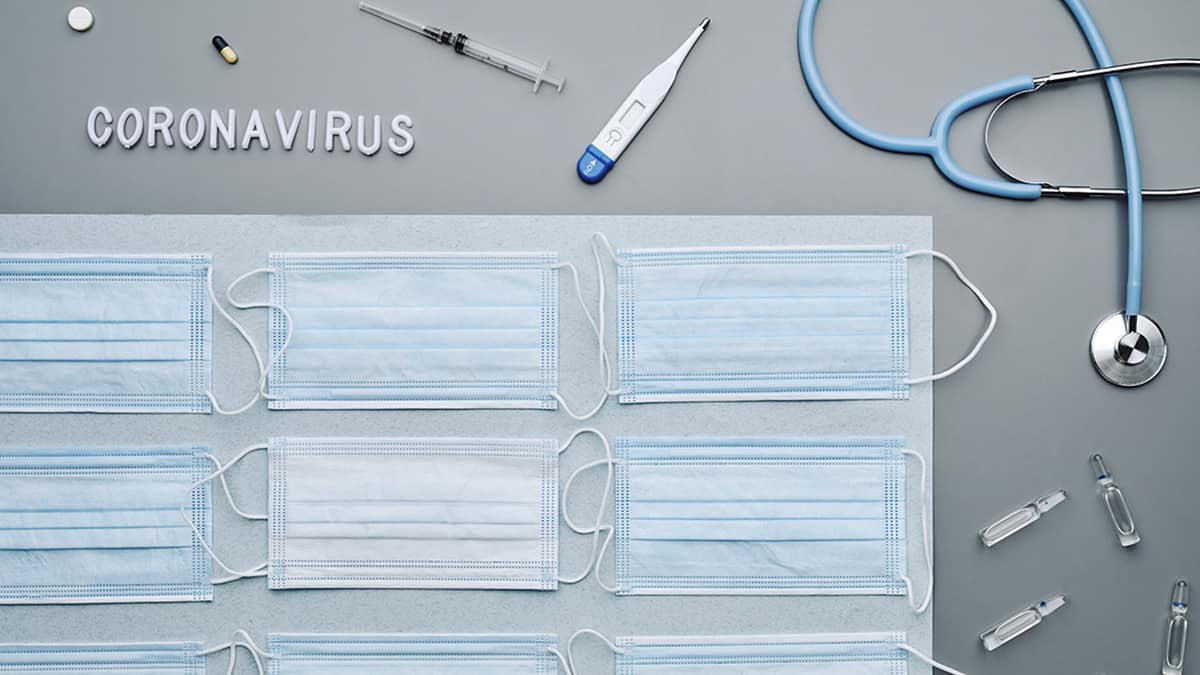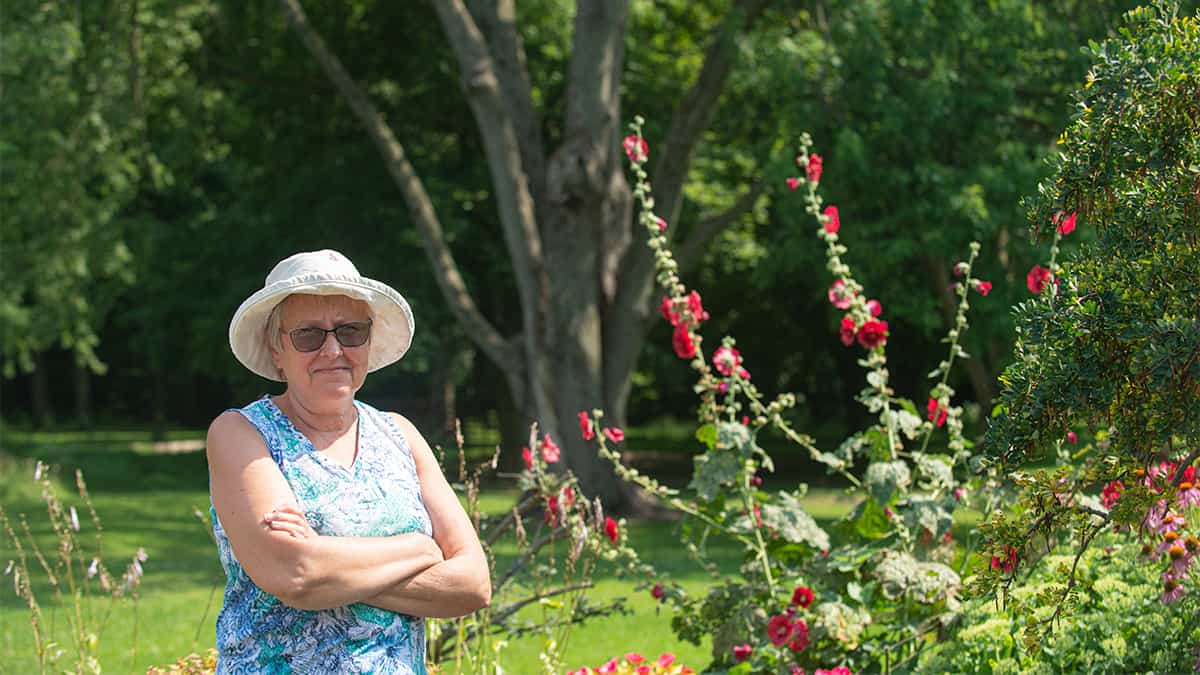While the number of COVID-19 cases has remained steady in the past week, public health officials are pushing for higher vaccination rates – at least 90 per cent – to stay ahead of the highly contagious Delta variant.
“We are seeing a slight increase in our cases, both in our region and provincial case rates are reflecting that as well. That’s why it’s so important to continue our work in maintaining public health precautions and continue to increase our community level protection by increasing our vaccination rates,” said associate medical officer of health Dr. Rabia Bana at the August 6 weekly pandemic briefing.
“These simple acts such as wearing face coverings, physical distancing and staying home when you are feeling unwell and getting fully vaccinated are helping to keep our community safe – our actions have consequences and the power to protect our community and save lives. Let’s continue to make responsible decisions before we choose to engage in an activity – if you haven’t been fully vaccinated and are eligible to receive a second dose, please do so as quickly as you can,” added regional Chair Karen Redman.
About 74 per cent of residents over the age of 12 have been fully vaccinated; some 84 per cent have had at least one shot.
“Our goal needs to be, to have the highest number of vaccination rates that is really going to be our key in order to reopen safely and gradually as we move forward. We continue to monitor things as [we] start to reopen and monitor our case rates. That, in conjunction with vaccination rates, is really going to determine what types of measure we need in place going forward,” said Bana.
The rural northern part of Wellesley continues to have the highest COVID case rates in the region, as well as north Cambridge and southwest Kitchener. Close contact and community transmissions remain to be the highest virus transmission type. Travelling remains the lowest level of transmission type in the region.
At midweek, there were 143 active cases of COVID-19 in the region, with officials monitoring outbreaks at 11 locations.
Waterloo Region currently has 143 active cases, on Thursday (August 4) the region logged 16 new COVID cases. Three people succumbed to the disease in the past week, bringing the total to 285 since the pandemic began.
Those numbers indicate the need to be mindful of circumstances despite the provincial reopening plan, say local officials.
“From a business perspective, the business organizations all across this region are more on the side of being cautious. Just because we can go out in stage 3 doesn’t mean we should, most people are concerned with cautiously reopening, staying open is the prime objective. Racing ahead and having to have another lockdown in September or October would be devastating for businesses, so we’re encouraging our members to take advantage of chambercheck.ca, screening kits, masks, get vaccinated, take advantage of the ambassador program, so that you can open safely and stay open,” said Ian McLean, president of the Greater KW Chamber of Commerce.
“Safely and cautiously reopening is more important than opening fast.”
The numbers are significantly lower in neighbouring Wellington-Dufferin-Guelph, though the midweek total of 39 active cases was up from 21 a week earlier. There have been a total of 126 fatalities since the pandemic began, unchanged over the past three weeks.
The province continues to see growth in the total number of cases, and at a higher rate than in recent weeks, with the tally now at 553,000, up about 2,000 in the past week.
There have been 9,409 deaths attributed to the virus – up 60 over the week before – representing a mortality rate of 1.7 per cent. The ministry reports 541,222 cases (97.8 per cent) have been resolved.
The latest numbers from Health Canada show 12,052 active cases nationwide, up about 4,500 from a week earlier. The cumulative total of confirmed cases now stands at 1,442,087, with 26,678 related deaths, a mortality rate of 1.8 per cent.









